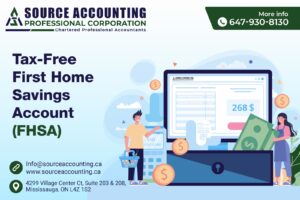
Tax-Free First Home Savings Account (FHSA)
The 2022 Budget introduced a new Tax-Free First Home Savings Account (FHSA). Effective April 1, 2023, the FHSA program provides prospective first-time home buyers the

The 2022 Budget introduced a new Tax-Free First Home Savings Account (FHSA). Effective April 1, 2023, the FHSA program provides prospective first-time home buyers the
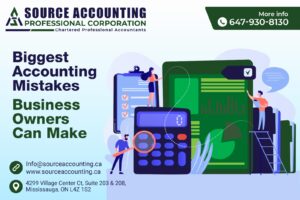
Starting a business is an exciting journey that requires dedication, hard work, and smart decision-making. Unfortunately, many small business owners make common mistakes that can
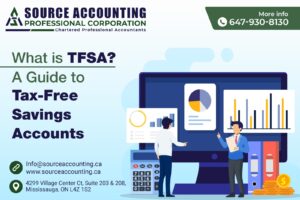
Tax-Free Saving Account (TFSA) is a tax planning tool allowing tax-free savings. However, it is critical to understand the rules around TFSA to take advantage
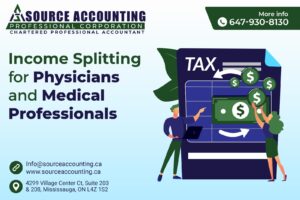
Physicians and medical professionals who are self-employed often face high personal tax rates, which can go up to 53.3% in Ontario. To mitigate these taxes,
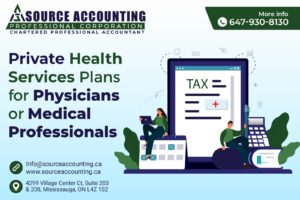
Private Health Services Plan or Health Spending Account – Tax-Free Benefit for Employees The benefits paid by an employer to an employee are taxable as
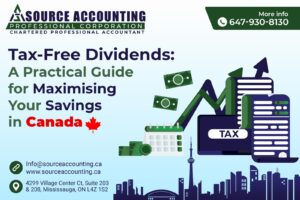
Do you know as a couple, you can receive $108,790 tax-free? Will you be surprised?? But this is true! Canada is not all about paying high taxes. By smartly doing tax and retirement planning, you can save a lot of taxes legally.
Don’t let this opportunity pass you by!
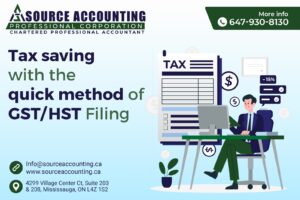
What is HST Quick Method The quick method is a simplified accounting method allowed by the Canada Revenue Agency (CRA) to facilitate small businesses calculating

Canadians who sell a home or rental residential property owned for less than 12 months will be considered “flipping” and 100% of profits from the sale will be taxed as business income instead of capital gain, which is taxed only 50%.

RRSP is a great tax and retirement planning tool. However, one needs to clearly understand the rules surrounding RRSP to take full advantage of it.
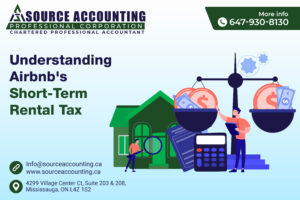
While short-term rentals (Airbnb) provide lucrative income opportunities, there are various tax implications that one needs to understand!